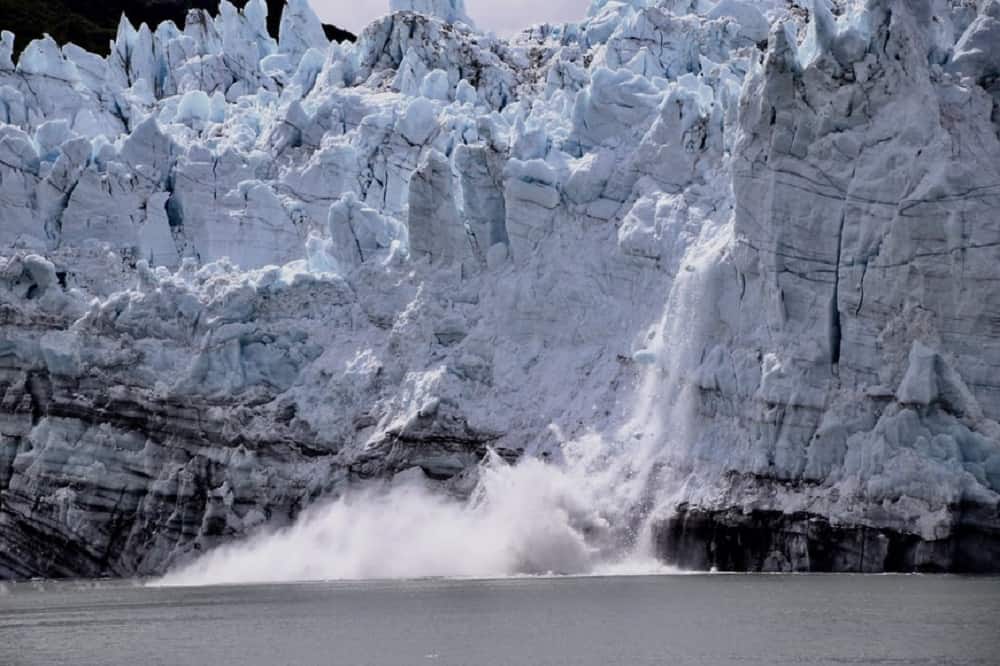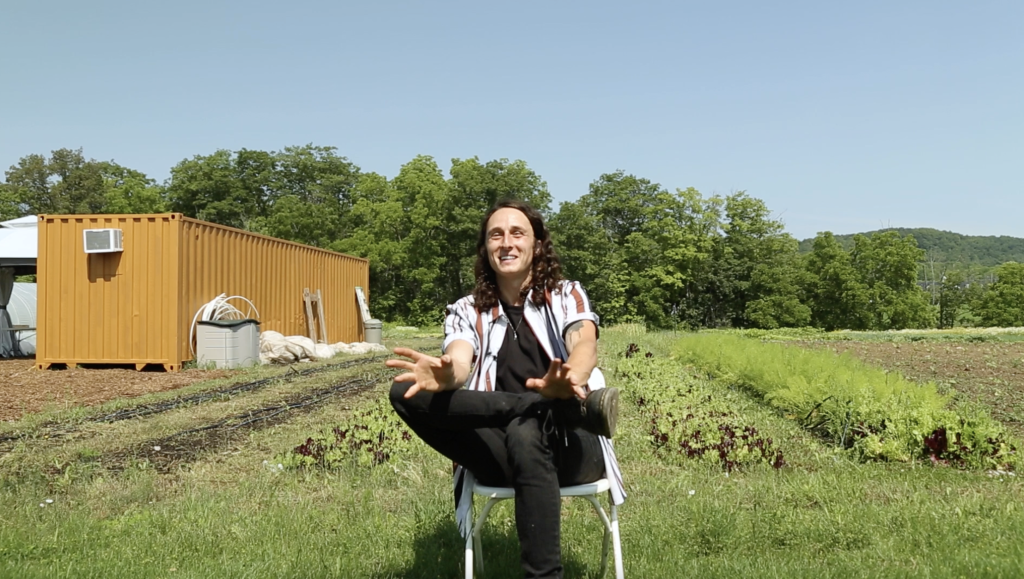Mississauga climate scientist says governments lack political will to stop global warming
Published November 26, 2021 at 12:47 pm
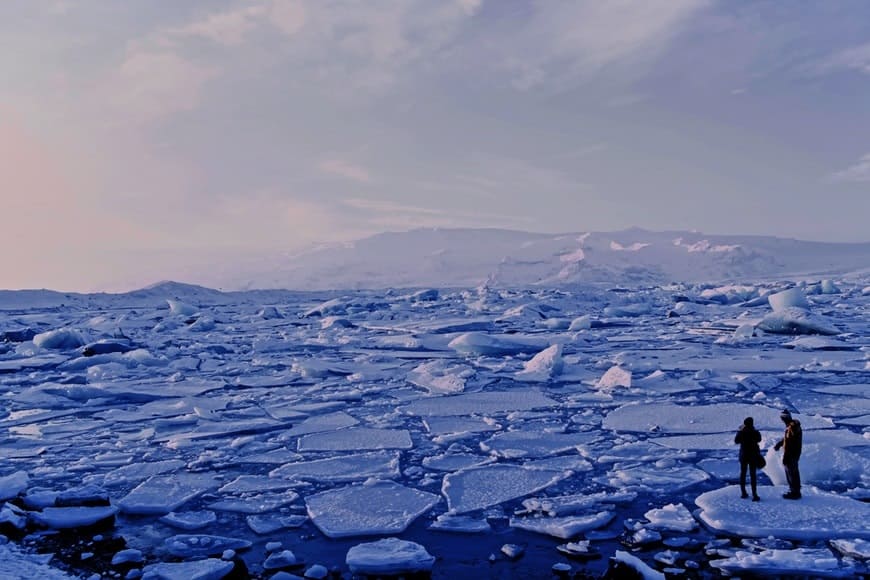
The most recent global climate change summit may have grabbed headlines for a couple of weeks, but one Mississauga climate scientist fears it did nothing to substantively tackle global warming.
Kent Moore, a professor of atmospheric physics and vice-principal, research at University of Toronto Mississauga (UTM), said he felt a sense of frustration at the conclusion of the 2021 United Nations Climate Change Conference (COP26), held Oct. 31 to Nov. 12 in Glasgow, Scotland.
A number of pledges were made by countries to reduce the harmful impact of industry and daily living on the environment.
“Countries have committed to certain levels at COP26, but the problem is we’ve never been able to meet any of our commitments,” Moore, whose research focuses on the impact of climate change, recently told the University of Toronto (U of T) community. “It’s a challenge. I don’t think it’s going to be easy to meet these targets, but if we don’t…our children and grandchildren will have to deal with the consequences of our actions and that’s what really saddens me.”
#UTM professor Kent Moore is quoted by @AP reporter @borenbears in a @washingtonpost article on the Arctic’s ‘Last Ice Area,’ which shows earlier-than-expected melt. 📖 https://t.co/2CsYSlWfGH
— U of T Mississauga (@UTM) July 8, 2021
Many scientists from around the world estimate that the average global temperature has increased by more than one degree Celsius in the last 150 years. That has led to more frequent extreme weather events such as heat waves, wildfires and droughts.
“Everything we’re experiencing now, we will experience in the future and it will be even worse than that because we aren’t taking any heat out of the system now,” said Moore, adding modest climate targets agreed upon in Glasgow won’t do enough to keep rising temperatures in check.
And if the global average temperature jumps by just one-half of a degree, to a two-degree increase, “it will have devastating consequences.”
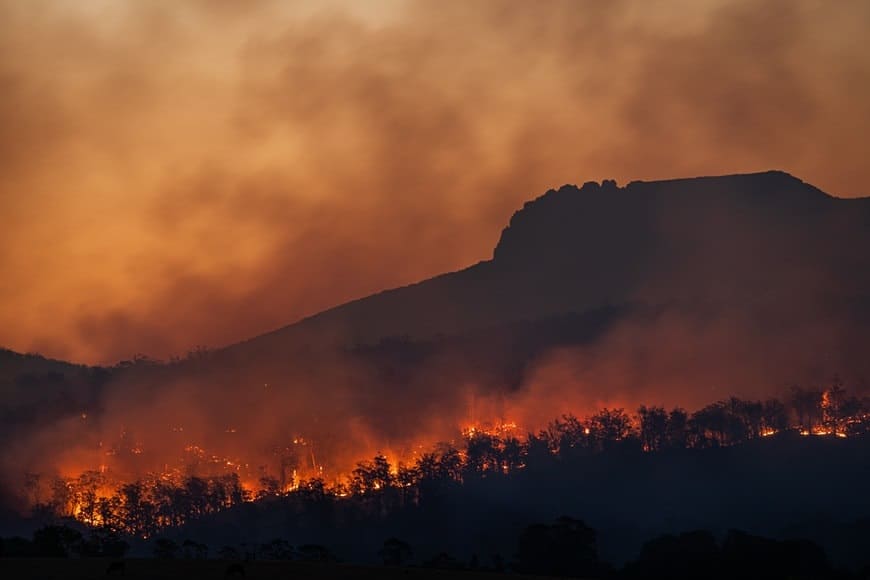
If that increase occurs by the end of the century, Moore notes, there won’t be any ice in the Arctic during summer months.
Such an increase would also significantly affect people, Moore said. With a half-degree increase, the percentage of the world’s population that experiences extreme heat in the summer would jump from 14 per cent to 37 per cent.
While people are urged to do their part by driving electric cars and using less plastic, governments must increase their climate commitments to make a greater difference, the UTM researcher says.
Currently, he believes many nations are making more modest promises in order to protect their economies in the short term.
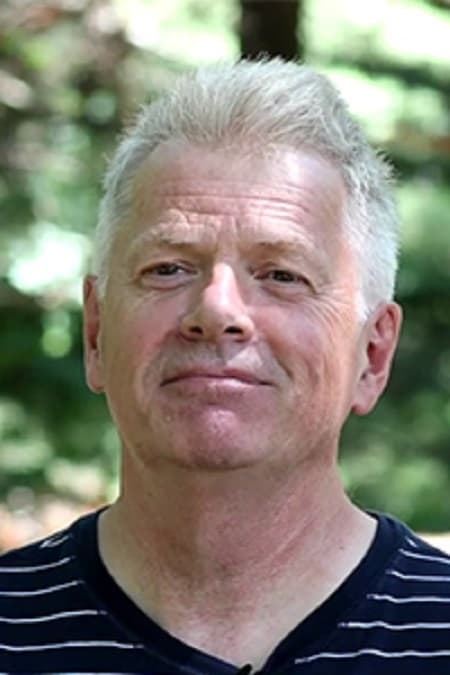
UTM Prof. Kent Moore applauds the actions of young climate activists, but says governments have not done nearly enough.
“I think they understand that if they really move on this file, they’ll suffer a lot of political heat and they won’t get much benefit from it because the benefits will be accrued in 20 to 30 years. I don’t think there’s the political will to do it.”
Moore applauds the efforts of young climate activists who are pushing governments to do more, noting “they’re the ones that understand that it’s going to be them that’s going to clean up this mess. They’re really frustrated, and I totally understand their frustration. I feel it, too.”
